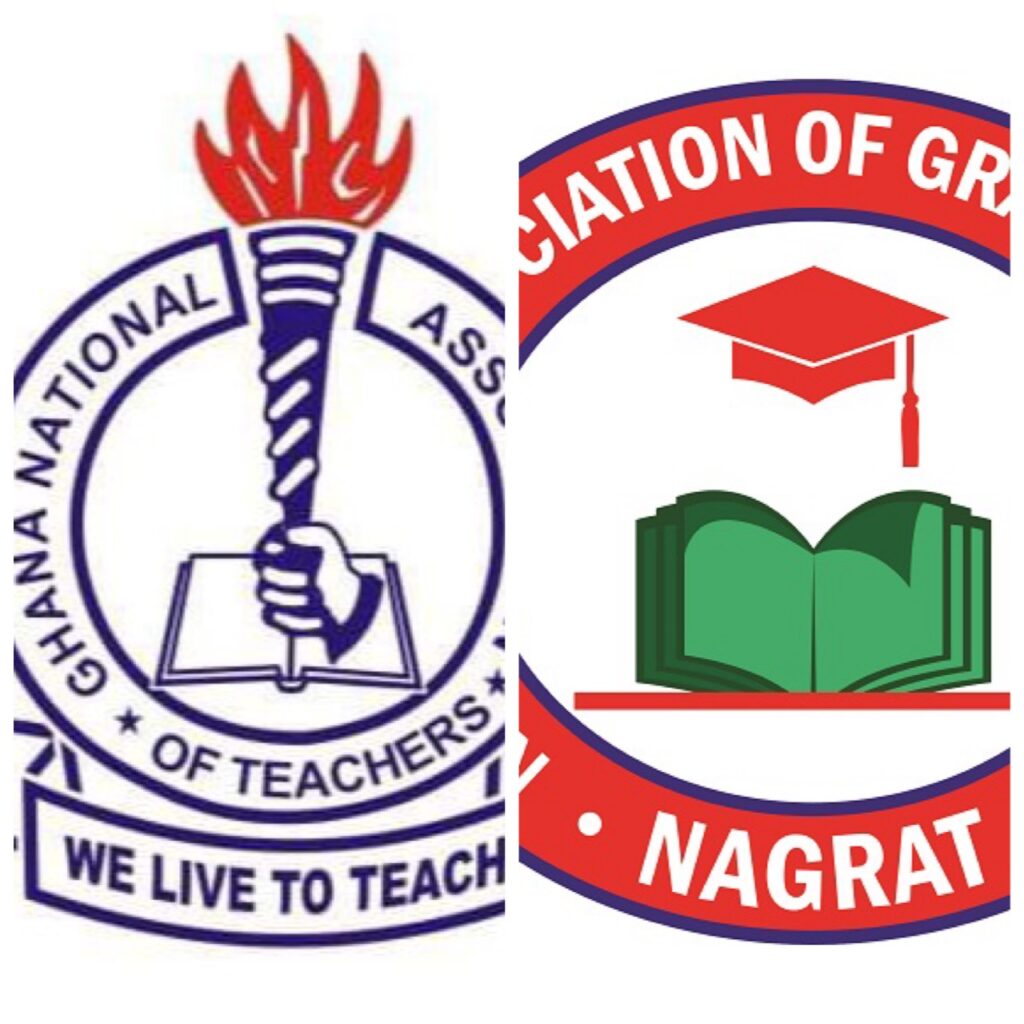In a recent policy shift, President Nana Akufo-Addo announced that a first degree would become the minimum entry requirement for individuals seeking to join the teaching profession in Ghana. This decision has sparked concerns among educators, particularly from organizations such as the Ghana National Association of Teachers (GNAT), the National Association of Graduate Teachers (NAGRAT), and a consortium of Concerned Teachers. Their apprehensions center around the potential negative impact on teacher training colleges and the broader education sector.
One of the primary concerns voiced by these teacher associations is the potential devaluation of the role of teacher training colleges. These institutions play a crucial role in preparing educators with specialized training for the unique challenges of teaching. The shift to a first degree requirement might unintentionally send a message that the rigorous training provided by teacher training colleges is not valued or deemed sufficient.
Furthermore, this policy change raises questions about the future of teacher training colleges and the educators they produce. The move towards a first degree requirement may deter prospective students from enrolling in teacher training programs, potentially leading to a decline in enrollment and, consequently, a decrease in the number of qualified teachers entering the workforce.
The economic implications for aspiring teachers are also significant. Pursuing a first degree often involves higher tuition costs and a more extended duration of study compared to diploma or certificate programs offered by teacher training colleges. This shift may inadvertently create financial barriers for individuals aspiring to become educators, limiting access to the teaching profession.
Additionally, there are concerns about the practicality of this policy change, especially in regions where access to universities is limited. Teacher training colleges have historically served as crucial institutions, producing teachers who are not only academically qualified but also well-equipped to address the unique needs of students in diverse educational settings.
GNAT, NAGRAT, and Concerned Teachers argue that a more inclusive approach is necessary to ensure that the teaching workforce remains diverse and representative of the broader population. By placing the emphasis solely on first degrees, the risk of excluding talented individuals who may have pursued alternative pathways to teaching becomes a real concern.
In response to this policy shift, these teacher associations are considering various advocacy measures. This includes engaging in constructive dialogues with government officials, proposing alternative solutions that preserve the value of teacher training colleges, and highlighting the potential consequences of a narrow entry requirement for the teaching profession.
While acknowledging the government’s intention to raise educational standards, GNAT, NAGRAT, and Concerned Teachers are advocating for a balanced approach that values the unique contributions of teacher training colleges. They argue that preserving the accessibility and importance of these institutions is vital for maintaining a strong and diverse teaching workforce capable of meeting the educational needs of Ghana’s students. As the debate continues, the focus remains on finding solutions that uphold the quality and inclusivity of Ghana’s education system.
Article by: Nana Kwaku Duah





